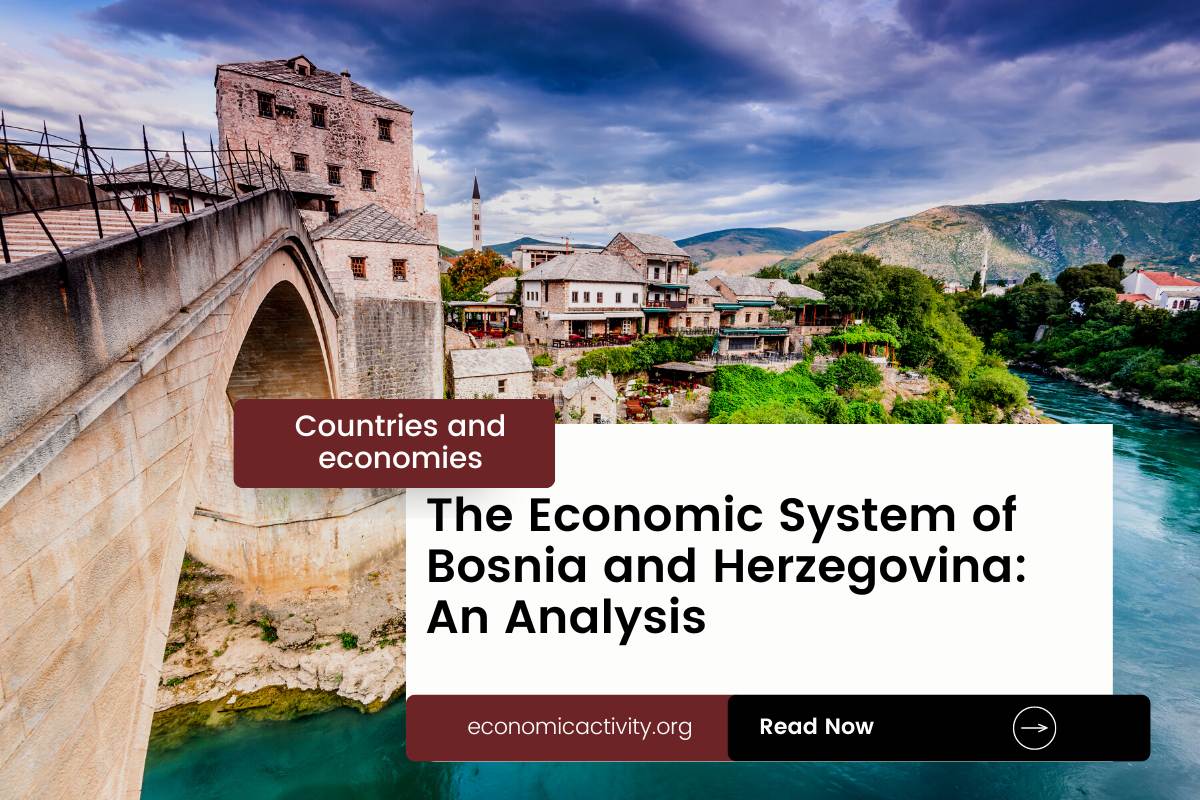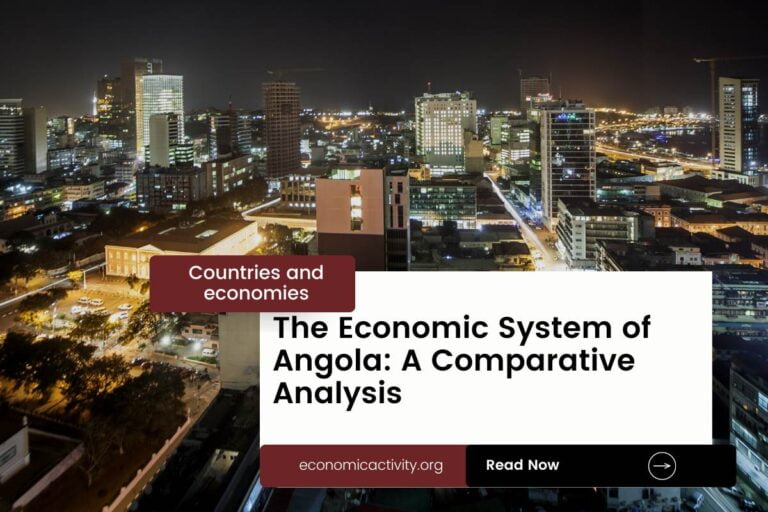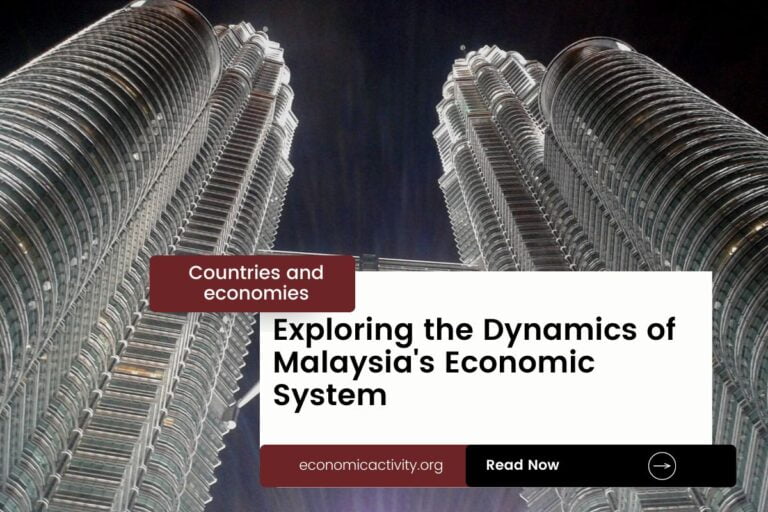What is the economic system of Bosnia and Herzegovina? The economy of Bosnia and Herzegovina is based on a mixed economy. The country’s economic system combines elements of a market economy and a planned economy.
In Bosnia and Herzegovina, the economy comprises a private sector, consisting of individuals and businesses that make autonomous decisions based on self-interest, and a public sector, where the state determines the production and distribution of certain goods and services. No country is purely capitalist or purely communist.
What do the freedom indexes tell about the economic system of Bosnia and Herzegovina?
Now, to determine if a country is primarily a market economy or a planned economy, it is useful to examine some economic indexes. For instance, according to the 2022 Index of Economic Freedom, which measures the ability of every human to control his own labor and property, Bosnia and Herzegovina is ranked 68th globally and 36th in Europe indicating that the country has a moderately free economy.
In a similar way, the 2022 Freedom House index evaluates the state of political rights and civil liberties globally. Generally, market economies tend to align more with democracy and freedom, while command economies tend to be characterized by greater state control and fewer democratic and civil liberty protections. Bosnia and Herzegovina gets a score of 53/100, which qualifies it as Partly Free. Bosnia and Herzegovina is considered to have a government that does not control what people do, and people can make their own economic decisions, but it is only considered an electoral democracy, lacking full liberal democratic protections.
The Link Between Public Sector Employment and the Economic System of Bosnia and Herzegovina
An indicator of the extent to which the State is involved in the economy is the number of public sector employees. In Bosnia and Herzegovina, according to ILOSTAT, the number of public sector employees as a percentage of the total workforce is 25.4% (2021). In the country’s mixed economy, the number of public sector employees as a percentage of the total workforce varies based on the specific policies and practices adopted by the State. Some economic activities are left to the private sector while others are under government control. The bigger the public sector the closer is the economy to being a command economy.
What does the biggest company in Bosnia and Herzegovina say about the country’s economic system?
The biggest company in Bosnia and Herzegovina should also be looked at, as well as whether it is a state-owned or private company. In this case, UniCredit Bank d.d. Mostar from Bosnia and Herzegovina is a private sector company. It is a part of the UniCredit Group, one of the largest banking groups in Europe, and provides a range of banking services to its customers.
The historical factors that have influenced the economic system of Bosnia and Herzegovina
The current mixed economy of Bosnia and Herzegovina is a result of a combination of external factors and internal policies. External factors include the influence of the former Yugoslavia and its socialist economic system, as well as the effects of the Bosnian War of the 1990s and the subsequent peace agreement. Internal policies have included a focus on privatization and the introduction of free-market reforms, as well as efforts to promote economic growth and development.





Leave a Reply